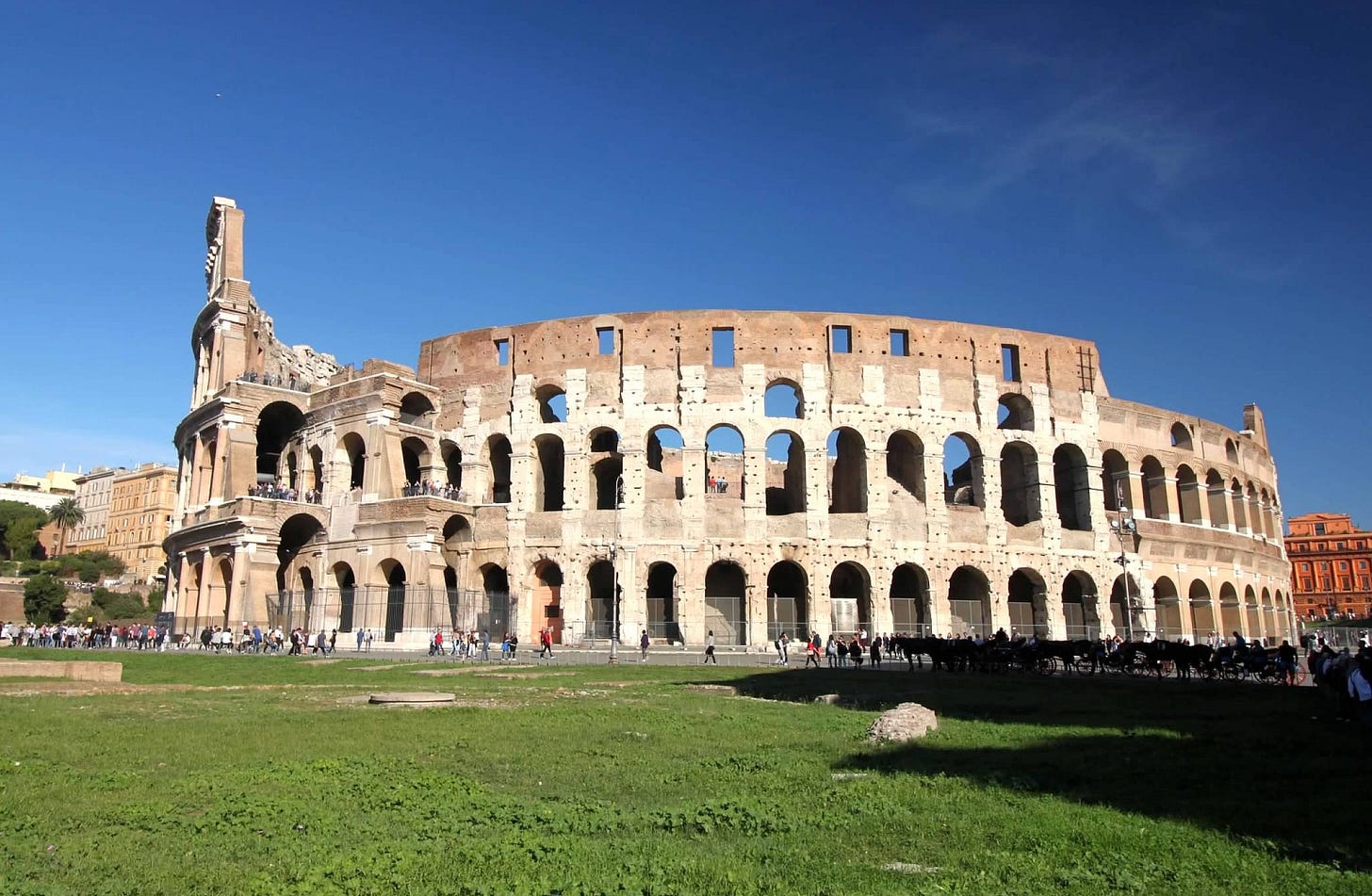The most important thing I know about history
is that it does not repeat itself
I’ve been thinking a lot about history lately. I’ve been wondering how it might have felt to be a lawyer in Amsterdam circa 1939. A journalist in St. Petersburg circa 1913. A doctor in Kiev circa 2021.
As we face global instability and a highly uncertain future here in the United States (spoiler: the future is always uncertain), I’m hearing a lot of people say that history is repeating itself.
I understand this fear. The dangers we face are very real, and there are helpful parallels we can draw from previous eras that are similar to our own. History has much to teach us.
And I also know that history does not repeat itself.
How do I know this? When I was a sophomore in college, I took a class called Historical Methods. It was required learning for all history majors, and it was basically training for how to be a professional historian.
I learned so much in this class, but the most important thing I learned is that history does not repeat itself. We can recognize patterns and learn from history. Of course we can. Why else would we study it? However, each moment also has its own unique set of circumstances, its own very specific context of micro and macro forces that have never existed before and will never exist in quite this way again.
This is good news. It means that the future is not yet written. Our worst fears are not inevitable. We are not doomed to repeat our past mistakes ad infinitum.
Ironically (appropriately?), history itself is full of hopeful examples:
Let’s not pronounce our doom before the ink is dry.




A note of hope amidst looming darkness. Thank you for that. I appreciate it.
Thank you for this! I've also been thinking about history, noting the similarities. I'm trying to focus on that, inevitably, there are always light times after those dark times. A series of cycles.